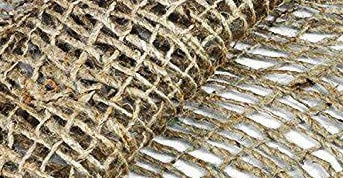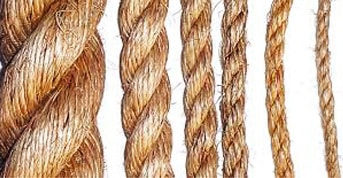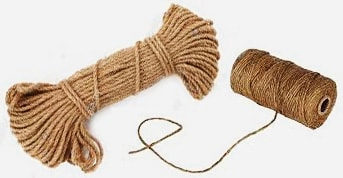Featured Customers

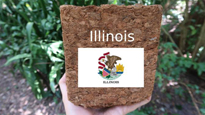








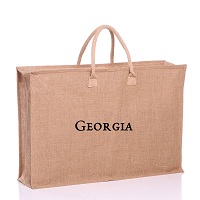


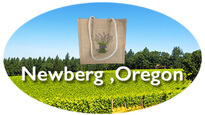

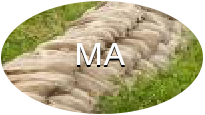
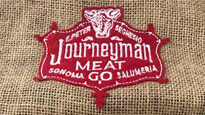

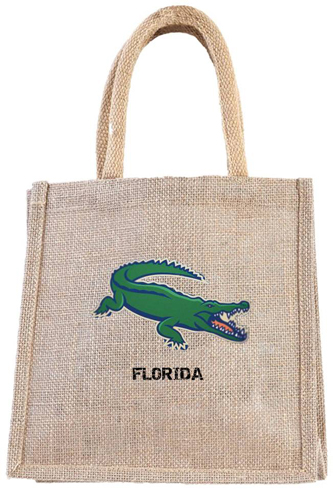


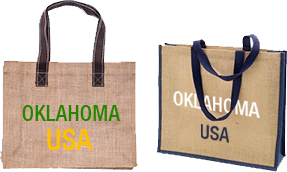
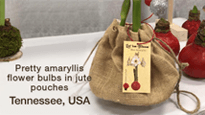





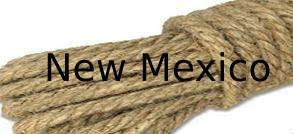


Applications of Jute and Related Natural Fibers
Applications of all natural fibers is widespread
Jute is known as “Golden Fiber”
Everybody loves the timeless, classic and rustic jute bag. But not just bags, jute fibers are used for many other purposes across industries. One such case is in logo-printed, custom packaging products.
Jute is known as “The Golden Fiber” owing to its versatility.
Broad Range of Applications
All natural fibers including jute have a broad range of applications. Common fiber products are screen-printed wine bags, utility totes, sturdy sacks, biodegradable sandbags, food packing bags, earthy accessory items, industrial products (natural fiber reinforced polymers), automobile interior upholstery, geotextiles, heavy-duty packaging and much more.
When it comes to creating fiber composites jute can be easily blended with other natural fibers. The increasingly popular “juco” cloth is one such application. Juco is a blend in varying proportions of cotton and jute.



Jute is increasingly being used in a number of industries such as:
- Agriculture
- Automobile
- Construction
- Furnishing and Apparel
- Furniture
- Geotextiles
- Home and Office
- Horticulture
- Interior Designing
- Restaurants
- Retail
- Transportation
- Textiles
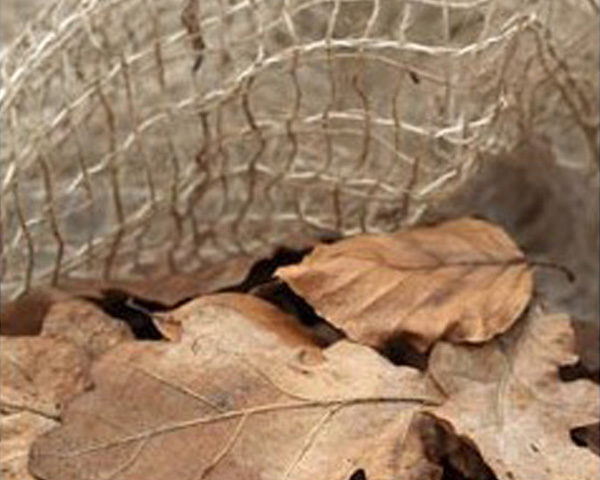
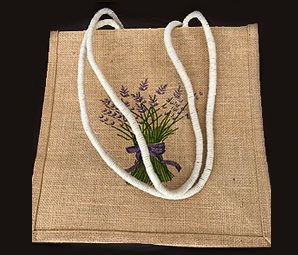
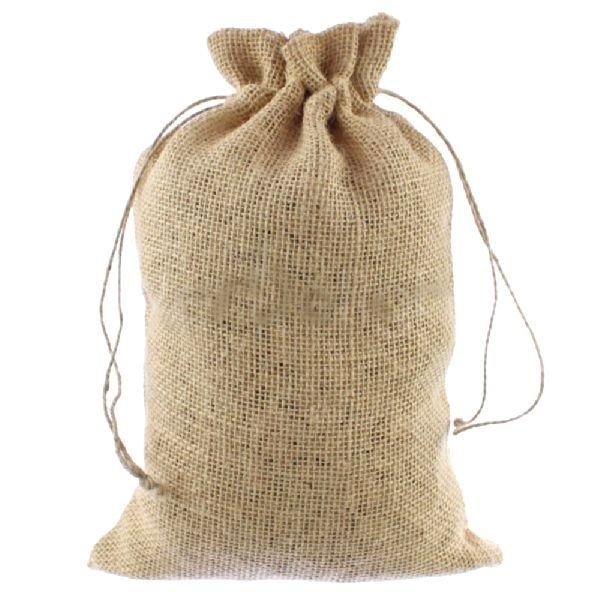
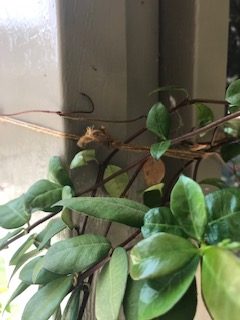
Few noteworthy reasons why jute has such a broad and varied range of application areas:
- The jute crop is fast-growing, it is also easy to grow as compared to other similar fiber-based natural products like wood or cotton. A big plus: it has almost zero carbon footprint.
- Jute is very affordable while being naturally sustainable and non-toxic.
- It can be blended well with other, more expensive fibers to create composite fibers. Composite fibers are used heavily in all kinds of industries. Example is felt.
- It is an ideal material for making packaging sacks or bags, custom printed jute bags, heavy-duty carry items like sand, cement, rocks, raw materials, semi-finished or finished products etc. The hydro-carbon free jute bags are seeing increased use in packing edibles like nuts, potatoes, onions, rice, pulses, coffee, cocoa, grains etc. Usage of jute bags are much more beneficial as compared to their synthetic counterparts.
- It provides for a better alternative for plastics – as it does not choke our landforms or harm our planet. Hence it is readily finding global acceptance from businesses that care for our environment.
- It is a natural substitute for our depleting forest resources like wood due to lignin and cellulose composition in its fiber.
- Jute has no issues with disposability unlike plastics. It slowly disintegrates and is added back to the soil, enriching the soil and aiding in growth of vegetation, preventing erosions, stabilizing soil etc.
- Geo jute (geotextiles) can be used as a replacement for synthetic fabrics used in construction.
- Jute gardening twines are flexible, strong twines that support growing plants and protect from powerful winds.
- Laminated agro-jute-fabrics, nettings, mats and blankets are being used for weed-control and for crop landscaping.
- The future of jute and burlap is very bright, with many newer applications in the offing.
